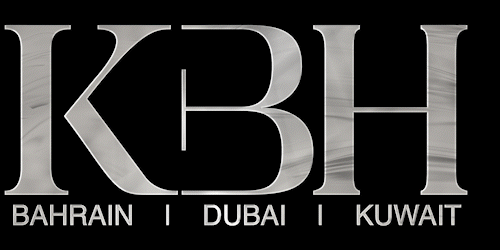
AI and Data Protection
Can AI be liable for producing inaccurate content?
The rise of generative artificial intelligence (AI), exemplified by tools like ChatGPT, has seen an exponential surge in recent months. ChatGPT employs generative AI technology to process natural language and predict user responses, drawing upon extensive data obtained through web scraping from various online sources. However, this rapid advancement in AI capabilities has ignited concerns about the accuracy of content generated by ChatGPT and similar tools. In a recent article by Inforrm, the International Forum for Responsible Media, ChatGPT’s capacity to construct convincing case law from minimal information was highlighted. As this development unfolds, discussions concerning the potential legal consequences for ChatGPT have gained momentum, particularly in the realm of defamation and data protection. These discussions raise questions about the responsibilities of both the tool’s provider, OpenAI, and its users.
Defamation in the Digital Age Liability of OpenAI
One pertinent question arises: Can OpenAI be held accountable for defamation if ChatGPT produces false and defamatory statements about individuals? The question is especially relevant in the UAE, where defamation holds serious legal implications. According to UAE Federal Law No. 3 of 1987, defamation constitutes the publication of factual allegations that harm an individual’s reputation. While defamation laws in the UAE can be complex, the consequences can be significant, including substantial fines and potential imprisonment.
In light of this legal landscape, OpenAI’s role as the provider of ChatGPT makes it potentially liable for defamation claims arising from the tool’s outputs. A notable US case involved OpenAI as a defendant when ChatGPT produced a fictional legal claim that named the plaintiff. However, applying traditional defamation defenses, such as honest opinion and public interest, becomes intricate when dealing with AI-generated content. The nature of automated content generation renders these defences challenging to establish.
OpenAI may also explore intermediary defences, but its active role in content creation sets it apart from conventional intermediaries. This blurs the distinction between primary publishers and intermediaries within the context of generative AI.
Liability of ChatGPT Users
The potential liability extends to users who re-publish defamatory statements generated by ChatGPT. The UAE’s defamation laws hold those who republish or circulate defamatory content accountable for its dissemination. UAE courts have penalized individuals for forwarding defamatory material on digital platforms.
Data Protection Implications
Beyond defamation, the publication of inaccurate statements about individuals through ChatGPT may also run afoul of data protection laws. In the UAE, data protection rights are governed by various laws, including the UAE Federal Law No. 2 of 2019 and the Dubai International Financial Centre (DIFC) Data Protection Law. These regulations emphasise the importance of accurate and lawful processing of personal data.
As OpenAI collects and stores data, it qualifies as a data controller under UAE data protection laws. The issue of accuracy gains significance, especially given ChatGPT’s automated content generation. While OpenAI has provided guidance to users on processing personal data lawfully, these warnings may not fully absolve the entity of its responsibilities.
Conclusion
The evolving landscape of AI-generated content introduces novel legal challenges. In the UAE, the impact of defamation consequences and data protection regulations on AI-generated content remains untested in court. However, it’s evident that the potential for legal ramifications is substantial. The dynamic interplay between AI technology and established legal frameworks calls for further examination, discussion, and legal guidance to navigate this evolving landscape.
This article provides general insights and should not replace tailored legal advice. Please consult a legal professional for advice specific to your circumstances.
Leaders in Data Protection and Dispute Resolution: KBH
KBH is an award-winning law firm with a rich history of involvement in precedent-setting cases within the DIFC Courts, we understand the intricacies of navigating the ever-evolving legal landscape.
Our expertise extends to a wide range of areas, with a particular focus on employment and dispute resolution. Ranked highly by Chambers and Partners and Legal 500, KBH combines legal excellence with a steadfast commitment to delivering top-notch legal solutions. We stand ready to assist you in understanding the implications of this significant development and ensuring that your organisation remains compliant with evolving data protection regulations.
As the DIFC’s data protection landscape evolves, KBH remains at the forefront, offering innovative and tailored solutions to meet your specific needs. Contact us today to learn more about how our expertise can serve your legal requirements effectively. In a rapidly changing world, KBH is your trusted partner in navigating the complexities of data protection and dispute resolution.

